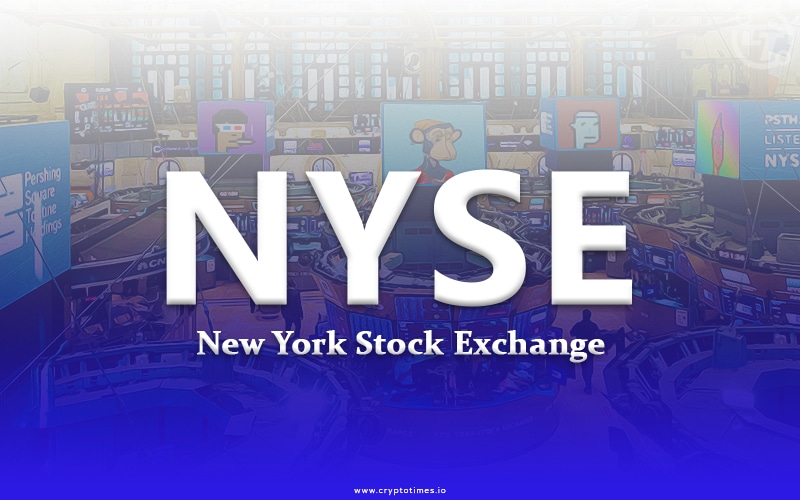In the rapidly evolving landscape of financial technologies and investments, the intersection of traditional markets with novel assets like cryptocurrencies continues to catch the eye of both practitioners and enthusiasts alike. Among the developments in this area is the recent move by the New York Stock Exchange’s Arca electronic exchange. Initially, the exchange had submitted a proposal in January to permit options trading on commodity-based trust shares, which notably encompass those associated with cryptocurrency exchange-traded funds (ETFs). This initiative highlighted a burgeoning interest in integrating cryptocurrencies more deeply into mainstream financial practices.
The Withdrawal of the NYSE Arca Proposal
However, recent developments reveal a change in course, as highlighted in an August 13 filing, where the exchange decided to withdraw the proposal. This decision underscores the ongoing complexities and regulatory challenges associated with cryptocurrencies and crypto ETFs, like those exemplified by the Grayscale bitcoin Trust (GBTC). GBTC stands as a prominent figure in the realm of crypto investment products, engaging keen interest from investors and regulatory watchdogs alike.
Grayscale’s Appeal to the SEC
Amid these developments, Grayscale Investments took a proactive stance by sending a letter to the U.S. Securities and Exchange Commission (SEC) earlier in February. This correspondence sought to convince the SEC of the necessity to revamp its regulations to favor options trading for ETFs tied to commodities, including bitcoin. Grayscale’s argument was predicated on the notion of creating parity between options trading for ETFs linked to bitcoin derivatives and those direct holdings of bitcoin, advocating for a regulatory adjustment that would bolster the crypto adoption in the sphere of mainstream finance.
Continuing Efforts for crypto ETF Options Trading
The landscape of crypto ETFs and options trading is far from static, as evidenced by ongoing attempts from various exchanges. Notably, just days after the Cboe exchange refiled its application to list options for bitcoin ETFs on August 8, Nasdaq threw its hat into the ring. Nasdaq’s request for the SEC’s approval to list options on BlackRock’s iShares ethereum Trust (ETHA) marks another significant stride towards intertwining the realms of traditional finance with cryptographic and blockchain-based assets.
Currently, U.S. investors find themselves in a peculiar situation where they can engage in options trading for ETFs that trace bitcoin‘s performance through derivatives but cannot do the same for ETFs that actually hold bitcoin. This regulatory quirk is a point of contention and discourse, promising to shape the future trajectory of crypto investments.
Why Options Trading is Significant for crypto
The importance of expanding options trading to include ETFs holding actual cryptocurrencies cannot be overstated. According to a survey conducted by The Journal of Financial Planning, more than 10% of financial advisors were already leveraging options to manage their clients’ portfolios in 2023. This statistic not only exemplifies the robust interest and confidence in options trading as a financial strategy but also underscores the potential for crypto assets to further permeate the arsenal of tools available to investors and advisors.
The push for regulatory approval and integration of cryptocurrency assets into more traditional financial instruments like ETFs represents a pivotal movement towards broadening the acceptance and utilization of crypto within the realms of mainstream finance. Each application, withdrawal, and regulatory response serves as a stepping stone toward achieving a balance between innovation, investor protection, and market stability.
In summary, while the withdrawal of the NYSE Arca’s proposal might seem like a setback, it is more accurately a reflection of the ongoing dialogue and evolution of the financial regulatory environment as it attempts to accommodate the burgeoning field of cryptocurrency. As the landscape continues to develop, stakeholders remain watchful and eager to see how the integration of cryptocurrencies in traditional financial mechanisms unfolds, paving the way for a more inclusive financial future.
